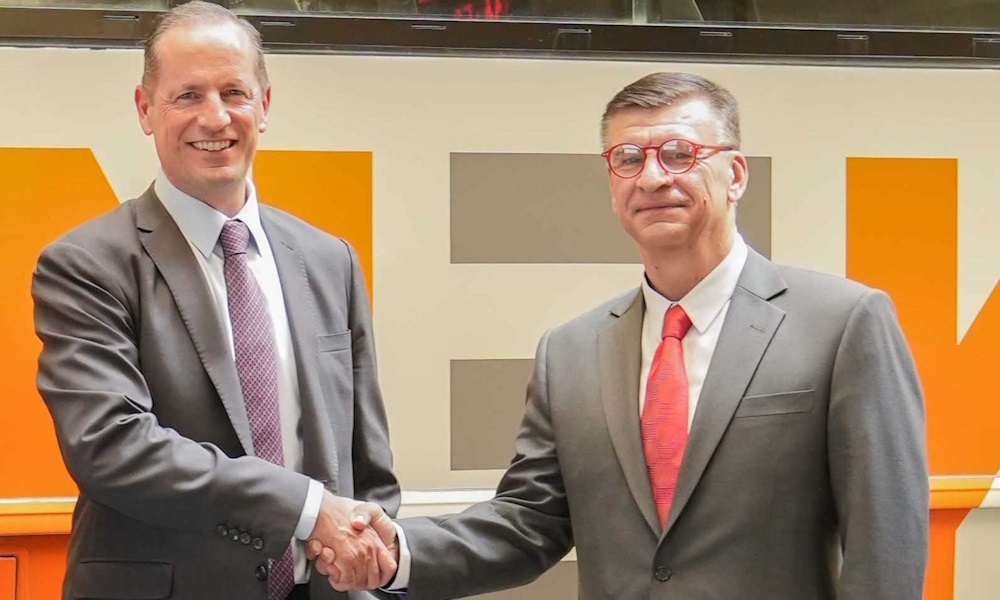Farnek has officially entered into a strategic partnership with Neutral Fuels, headquartered in Dubai, with the aim of significantly reducing the carbon emissions generated by its transport fleet.
The smart and eco-conscious facilities management (FM) company based in the UAE, has pledged to transition to Neutral Fuels’ B7 bl, which boasts an impressive 6.14% reduction in carbon emissions compared to traditional diesel.
For every 100,000 liters of B7 biodiesel used, there is a saving of 21,170 kilograms of CO2e, equivalent to the environmental impact of planting 350 saplings and nurturing them for over a decade, as emphasised by Markus Oberlin, CEO of Farnek.
Oberlin further stated: “For many companies with extensive fleets covering vast distances each day, the complete replacement of their transportation vehicles with electric options may not be practical. Biofuel emerges as a cost-effective and sustainable alternative.”
Neutral Fuels, the largest biofuel producer in the Gulf region, collects waste cooking oil from local restaurants and kitchens and transforms it into Fatty Acid Methyl Ester, commonly known as biodiesel. This green, renewable fuel offers an immediate and substantial reduction in transport carbon emissions without requiring any engine modifications, allowing organizations to make substantial strides in reducing their contributions to climate change.
Karl W. Feilder, founder and CTO of Neutral Fuels, highlighted, “Our partnership underscores the shared commitment of Neutral Fuels and Farnek to sustainable business practices. Promoting the use of biodiesel as a clean, renewable substitute for petroleum diesel is an exemplary manifestation of the Circular Economy in the UAE, significantly minimizing environmental impact and enhancing energy security.”
Farnek will adopt Neutral Fuel’s B7 biofuel, which fully complies with the UAE diesel standard UAE S. 477: 2021, in conjunction with its innovative FLEETEK solution.
FLEETEK digitalises the entire fleet management process, providing real-time insights into fleet and driver productivity through system-based inventory and digital scheduling. IoT sensors fitted to the vehicles, integrated with Google Maps, facilitate tracking and route optimization, thus conserving fuel, reducing carbon emissions, and extending fleet operational life.
Oberlin added, “This not only saves fuel and further cuts carbon emissions but also reduces wear and tear on the fleet, prolonging the time between servicing and ultimately benefiting the environment.”
This partnership aligns seamlessly with Farnek’s net-zero roadmap, which aims to slash the company’s transportation emissions by up to 50% by 2031.
Muna Al Nahdi, head of Sustainability & Consultancy at Farnek, stated: “To realise our net-zero strategy, we are committed to making responsible decisions, such as implementing low-carbon technologies and resources. This transformation will propel our business into a forward-thinking and sustainable model.”



